The online gambling industry has become a global market where thousands of websites compete for players’ attention. Among these websites, there are not only high-quality resources, but also fraudulent schemes. By following strict rules for choosing an online casino, you can avoid mistakes and protect your money.
Basic rules for choosing an online casino
Choosing a reliable gambling platform requires a systematic approach. Requirements include a comprehensive license review, analysis of working conditions, and study of feedback and technical base.
Evaluation of the license and the regulator
The conditions for choosing an online institution always begin with checking the license. The authenticity of the certificate is confirmed by the official registers of regulators. Respected jurisdictions are Malta, Great Britain, Curacao, Gibraltar. The actual permit number is easy to track on the website of the regulatory authority.
The license issued by the regulator reduces the risk of fraud, ensures control over financial transactions and protects the interests of players. License verification requires verification of the license number, operator name, registration date, and domain compliance.
Checking player reviews
The next step in choosing an online platform is to study reviews of online casinos on forums. Forums and independent platforms publish real stories that include delays in payouts, account bans, and withdrawals. Repetitive complaints indicate system issues.
A reliable online casino collects positive reviews with specific details, such as the timing of payouts, the speed of customer support, and the quality of the mobile app. It is important to consider the dates of the reviews. Fresh reviews ensure that the information is up-to-date.
Random Number Generator Analysis
Requirements necessarily include the verification of the RNG of slot machines. The random number generator (RNG) forms each spin, card deal or dice roll. Independent certification of the software confirms the fairness. Laboratories eCOGRA, iTech Labs, GLI provide the relevant certificates.
The platform is obliged to publish reports on RNG verification with access to the full document. The absence of such data is a significant argument for refusing registration.
Detailed analysis of payment systems
When choosing an online casino, it is important to consider the payment systems it uses. The reputation of a website is often influenced by the availability of international payment methods such as Visa, Mastercard, Skrill, and Neteller, as well as local services that are popular in the region.
The payment system should ensure fast transaction processing and protect personal data. Another crucial factor to consider is the withdrawal limits. Reputable websites should have clear and transparent withdrawal limits. Complex or confusing withdrawal schemes or unreasonably low limits can limit access to winnings.
Withdrawals from online casinos are reliable if the payment systems are listed with detailed processing times and fees. It is optimal when withdrawals take no more than 24 hours for e-wallets and up to 5 business days for bank cards.
Evaluation of the bonus policy
As part of the rules for choosing an online casino, it is important to carefully analyze the casino’s bonuses. Attractive offers often hide a high wagering requirement, which is a multiplier that indicates how many times the bonus amount must be wagered before it can be withdrawn. A reliable online casino will have a wagering requirement in the range of x20 to x40. A higher wagering requirement may indicate a hidden withdrawal limit.
Deposit bonuses, free spins, cashback, and loyalty programs should be accompanied by clear rules. Bonus conditions without hidden pitfalls demonstrate the transparency of the platform.
Technical reliability and software quality
Among the rules for choosing an online casino, software verification is an important factor. The best online casinos use certified software from recognized developers such as Microgaming, NetEnt, Evolution Gaming, and Pragmatic Play.
Reliability is confirmed by the stable operation of the website, the absence of malfunctions, high-quality graphics, and fast game loading. The absence of information about providers or the use of lesser-known manufacturers may indicate potential manipulation of the RNG.
Evaluation of the mobile application and website adaptation
The rules for choosing an online casino apply not only to the PC version. A modern resource offers a functional mobile app or a high-quality mobile version of the website. Convenient navigation, preservation of the gaming process, fast loading of the interface, and support for all features are signs of a reliable service.
The mobile app should provide secure login, full-fledged operation of payment systems, and quick withdrawal of online casino funds without technical restrictions.
Well-developed support service
Strong support enhances trust. Online platform conditions require 24/7 availability of operators. Chat, e-mail, phone are mandatory communication channels. Quick response to requests, providing specific answers, promptly solving problems indicate the quality of service.
Lack of clear support indicates a low level of security and a high risk of fraud.
How to recognize a fraudulent online casino
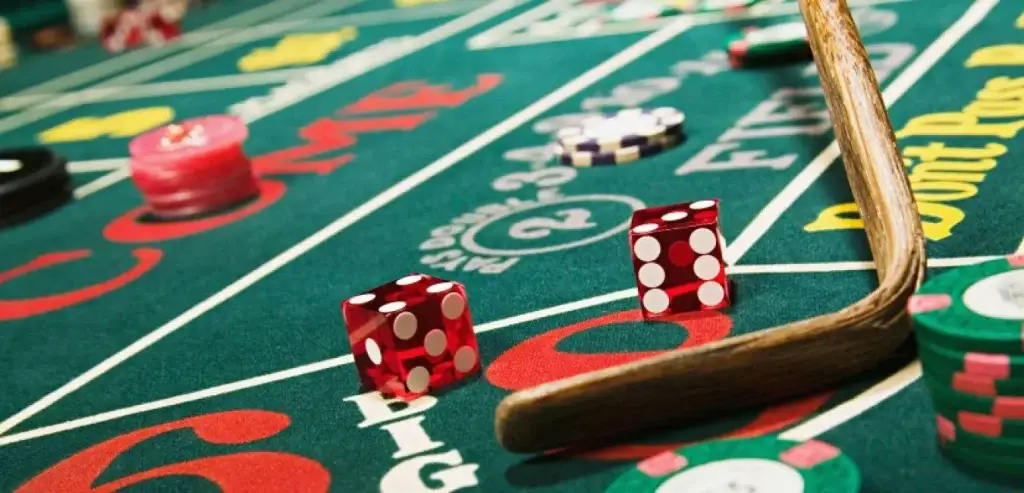 Following the rules for choosing an online casino allows you to identify fraudulent schemes in a timely manner. Several specific signs indicate an unsafe platform and protect you from losses.
Following the rules for choosing an online casino allows you to identify fraudulent schemes in a timely manner. Several specific signs indicate an unsafe platform and protect you from losses.
False license and lack of a regulator
Fraudsters often publish fake information about their license. Checking the certificate on the regulator’s website instantly reveals any discrepancies. If there is no license or information about the domain and operator cannot be found, the choice of the establishment becomes obvious – refusal to register.
A reliable online casino always specifies the regulator and provides a link to verify the license. Fraudulent websites avoid transparency.
Unrealistic bonuses and hidden restrictions
Scammers use unrealistic casino bonuses with or without a wager over x50. Inadequate deposit requirements, confusing conditions, and the inability to fulfill withdrawal conditions are standard traps.
Payout limits on fraudulent platforms are often limited to minimum amounts. Specifying an unrealistically long transaction processing time or refusing withdrawal without explanation confirms the unreliability of the resource.
Lack of support and information about payment systems
There is no reliable support on fraudulent websites. Operators do not respond in the chat, contact phones do not work, and emails are ignored. At the same time, information about payment systems or online casino withdrawal methods is provided incompletely or hidden.
Fraudsters often do not publish details about currencies, deadlines, limits, or fees. The lack of specific information increases the risk of losing money.
Doubtful software and fake RNG
Low-quality games, graphical errors, long loading times, and crashes are all signs of fake software. The absence of certification data, references to unknown providers, and hidden or fake reports about the RNG’s performance indicate potential fraud with winning probabilities.
The best online casinos always work with reputable developers and openly disclose certification information.
Suspicious domain and unsafe website
The rules for choosing an online casino exclude resources with domains registered less than six months ago. Frequent domain changes, the absence of a secure HTTPS connection, and pop-up security errors are direct indicators of fraud.
A reliable online casino website ensures stable operation, fast response times, personal data protection, and the presence of encryption.
A list of criteria that reliably confirm the quality of a site
These parameters allow you to quickly distinguish reliable online casinos from questionable sites. Compliance with the criteria ensures security, fair payouts, and a comfortable gaming experience:
- Availability of a license from a reliable regulator (Malta, the United Kingdom, and Curacao).
- Positive reviews about online casinos on forums.
- A certified RNG with the publication of reports.
- Payment limits of at least \$5,000 per day.
- Payment systems: Visa, Mastercard, Skrill, and Neteller.
- Clear withdrawal deadlines: up to 24 hours for wallets.
- Casino bonuses with a wagering requirement of up to x40.
- Availability of a mobile app with full functionality.
- 24/7 support via chat, phone, and email.
- Software from leading developers: Microgaming, NetEnt.
Each item on the list enhances the reliability of the online casino and helps you choose the best option.
Conclusions
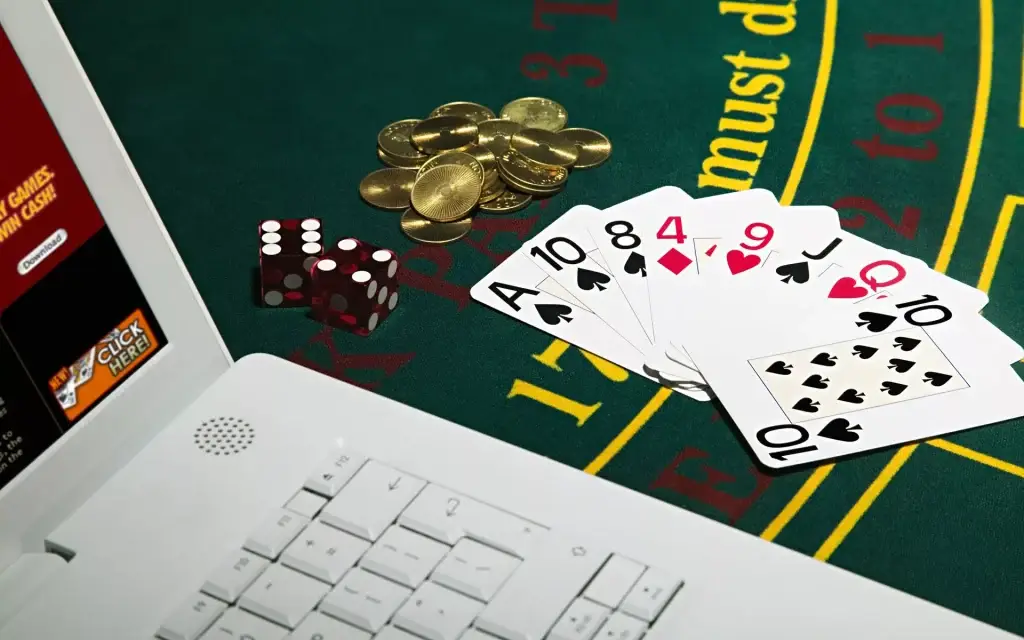 The rules for choosing an online casino include checking the license, RNG, reviews, withdrawal limits, and payment systems. Following these requirements helps to avoid risks and find a reliable platform.
The rules for choosing an online casino include checking the license, RNG, reviews, withdrawal limits, and payment systems. Following these requirements helps to avoid risks and find a reliable platform.

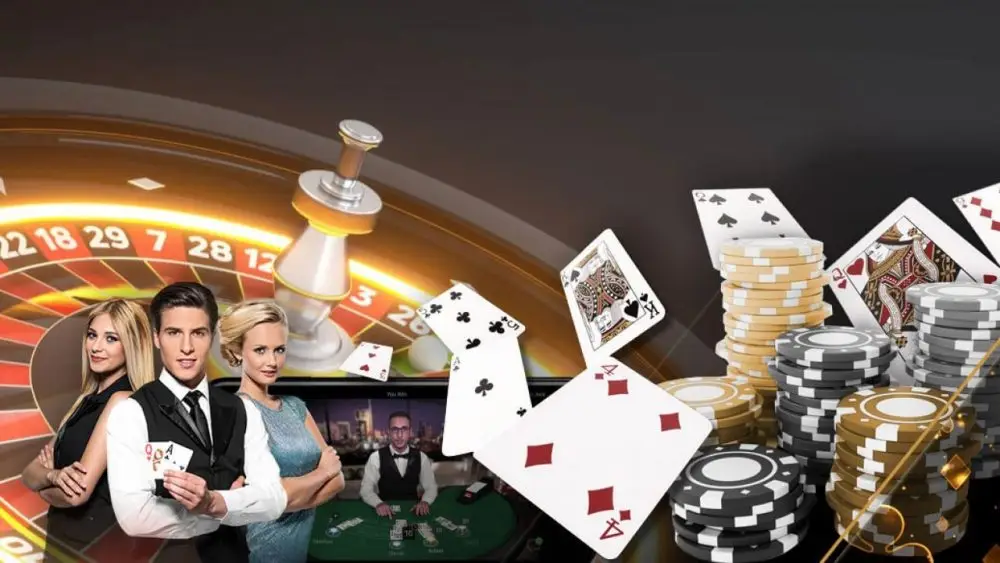
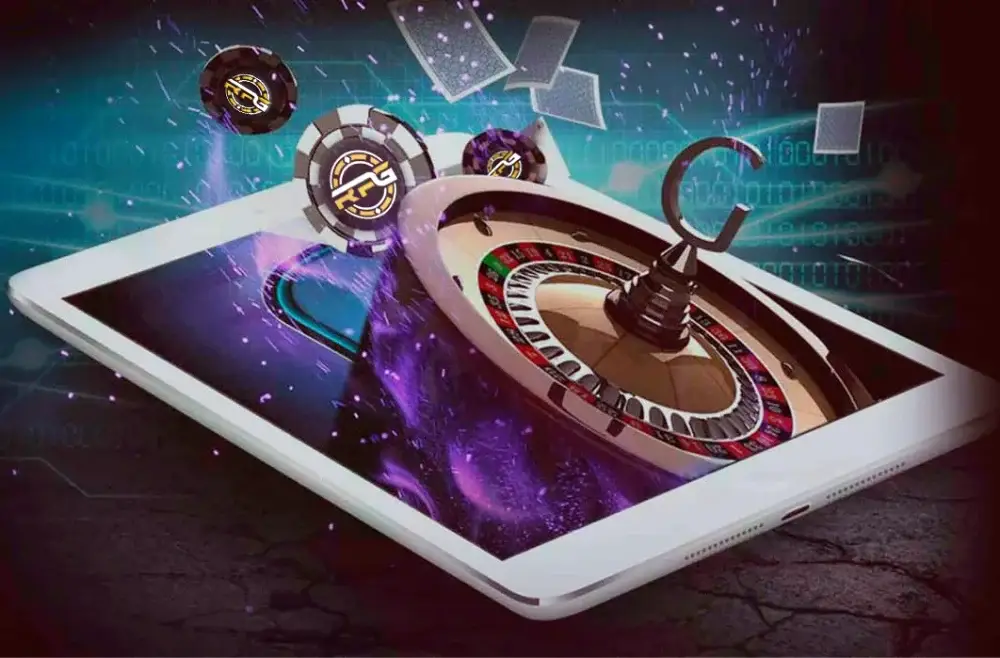
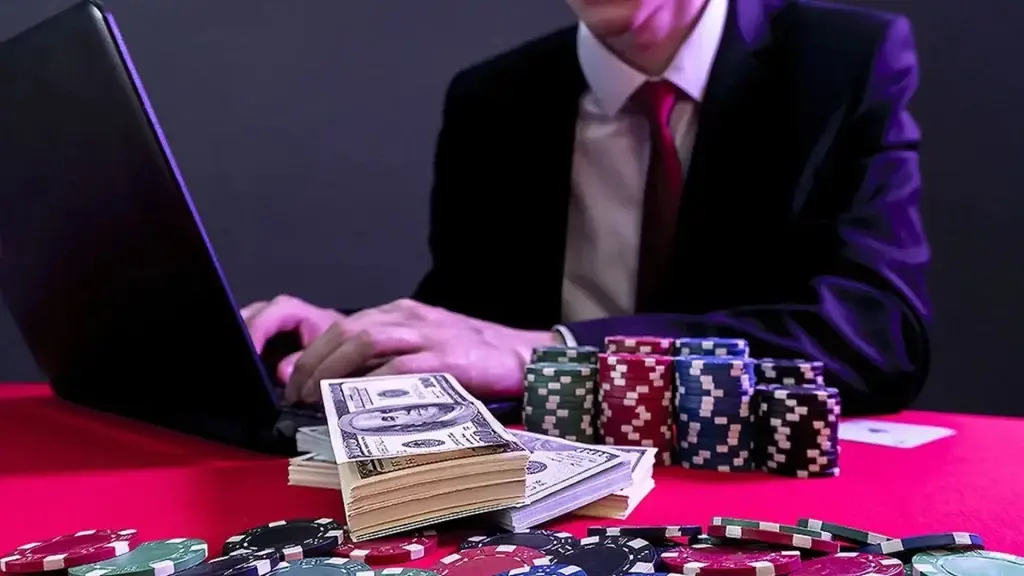 Legal gambling is strictly regulated. The UKGC, for example, rejects 28% of applications for technical reasons and 12% for legal reasons. The verification of owners’ data and funding sources prevents money laundering.
Legal gambling is strictly regulated. The UKGC, for example, rejects 28% of applications for technical reasons and 12% for legal reasons. The verification of owners’ data and funding sources prevents money laundering.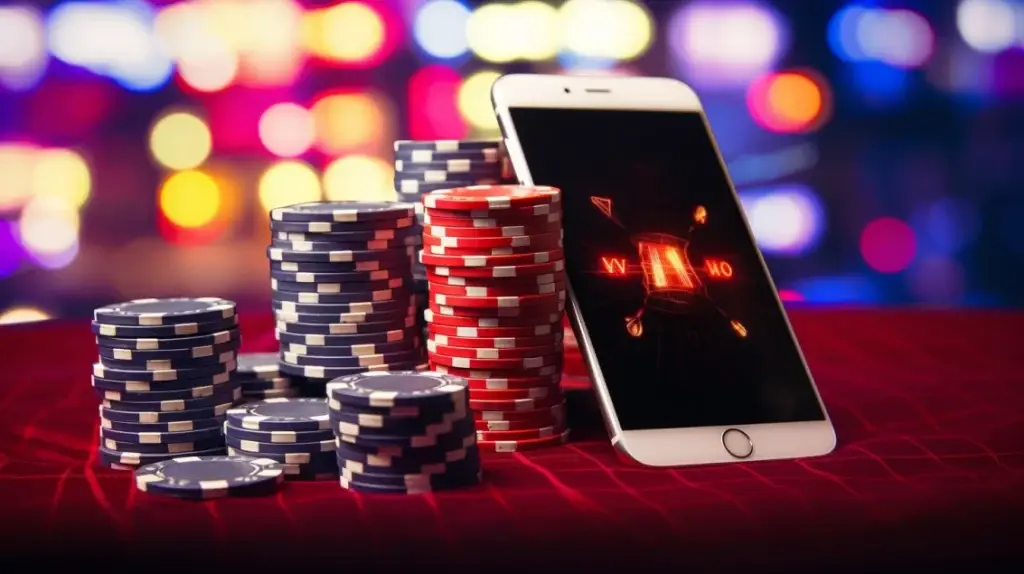 Legal gambling is becoming the standard, not the exception. The benefits of licensed online casinos are not just a marketing ploy, but a guaranteed set of features that have been tested over time, audits, and by thousands of users. Choosing legalism is a decision backed by numbers, names, and security measures. The market is evolving, but trust in a license remains the universal guarantee of integrity.
Legal gambling is becoming the standard, not the exception. The benefits of licensed online casinos are not just a marketing ploy, but a guaranteed set of features that have been tested over time, audits, and by thousands of users. Choosing legalism is a decision backed by numbers, names, and security measures. The market is evolving, but trust in a license remains the universal guarantee of integrity.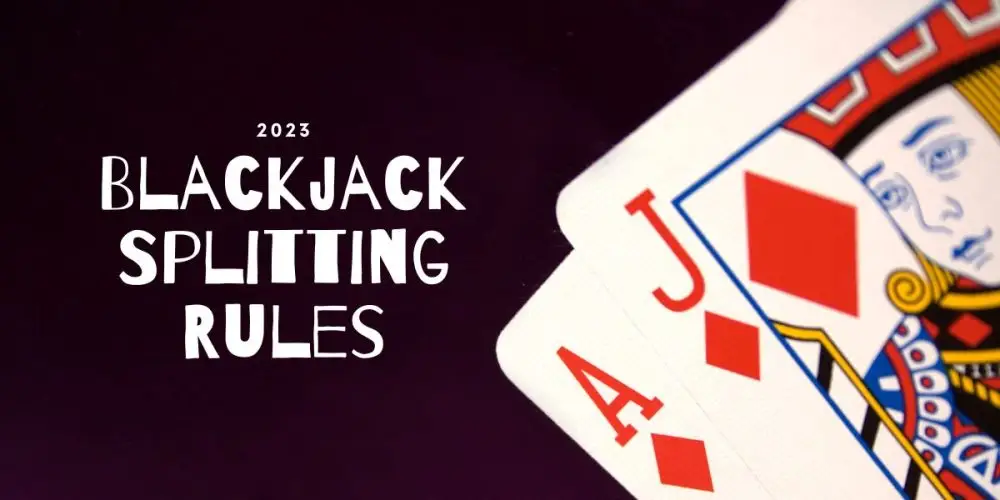
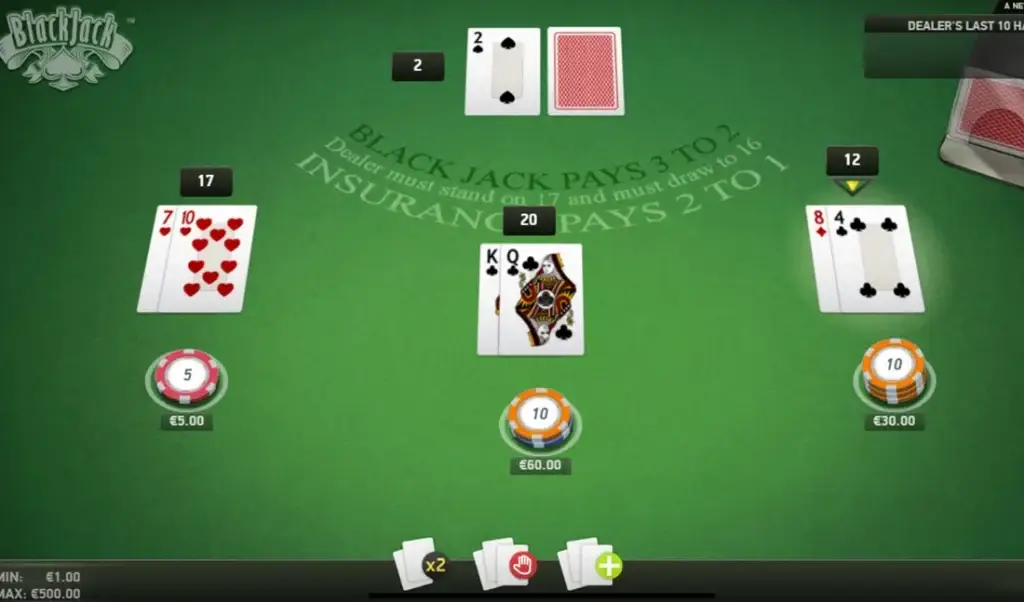 A split is a strategic move that allows you to turn one potentially weak hand into two strong hands. However, its effectiveness depends not only on the player’s cards but also on the dealer’s cards and the specific casino’s rules.
A split is a strategic move that allows you to turn one potentially weak hand into two strong hands. However, its effectiveness depends not only on the player’s cards but also on the dealer’s cards and the specific casino’s rules.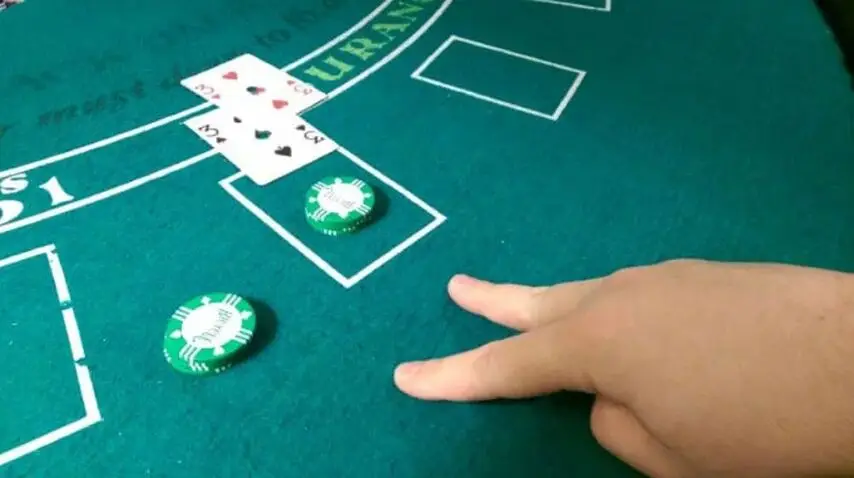 Split in blackjack doesn’t just create a separate game mechanic; it introduces calculation into randomness. Each split transforms an unfavorable position into a potentially profitable one. The key is to assess the context, understand the strength of the combination, and make decisions that minimize losses and maximize gains.
Split in blackjack doesn’t just create a separate game mechanic; it introduces calculation into randomness. Each split transforms an unfavorable position into a potentially profitable one. The key is to assess the context, understand the strength of the combination, and make decisions that minimize losses and maximize gains.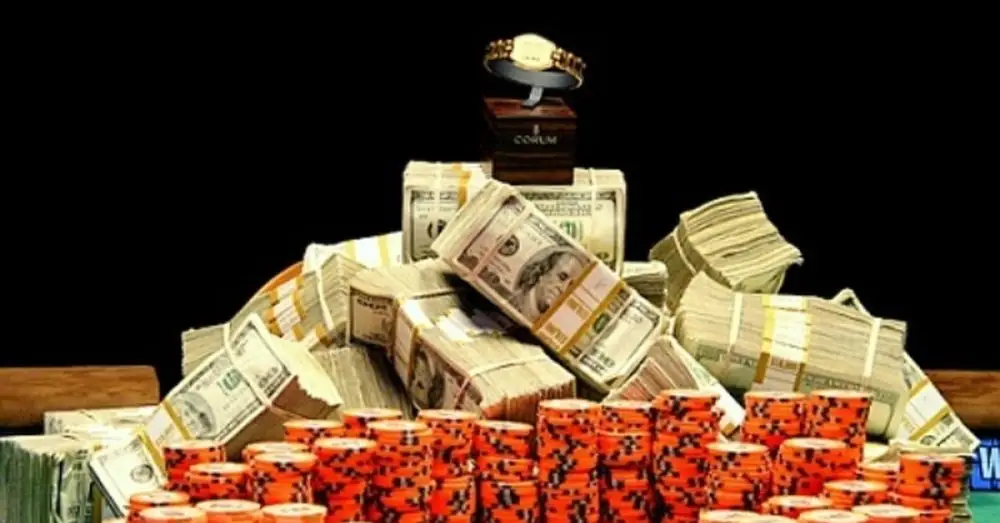
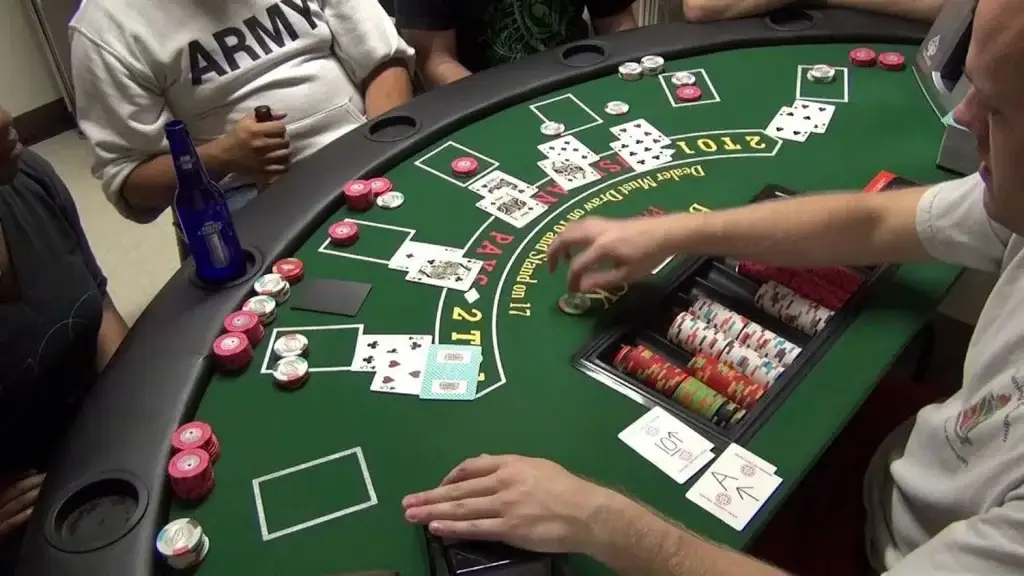 The Australian media mogul became part of the top of major casino winnings without making a show of his victory. In 1995, Packer arrived at the MGM Grand with a private delegation and left with $26 million. He played blackjack, setting up 8 tables for individual service.
The Australian media mogul became part of the top of major casino winnings without making a show of his victory. In 1995, Packer arrived at the MGM Grand with a private delegation and left with $26 million. He played blackjack, setting up 8 tables for individual service. A big win is not just numbers on a screen, but real people, real money, and real consequences. The top casino winnings prove that every success is not a coincidence, but a multi-layered phenomenon with economic, psychological, and social implications.
A big win is not just numbers on a screen, but real people, real money, and real consequences. The top casino winnings prove that every success is not a coincidence, but a multi-layered phenomenon with economic, psychological, and social implications.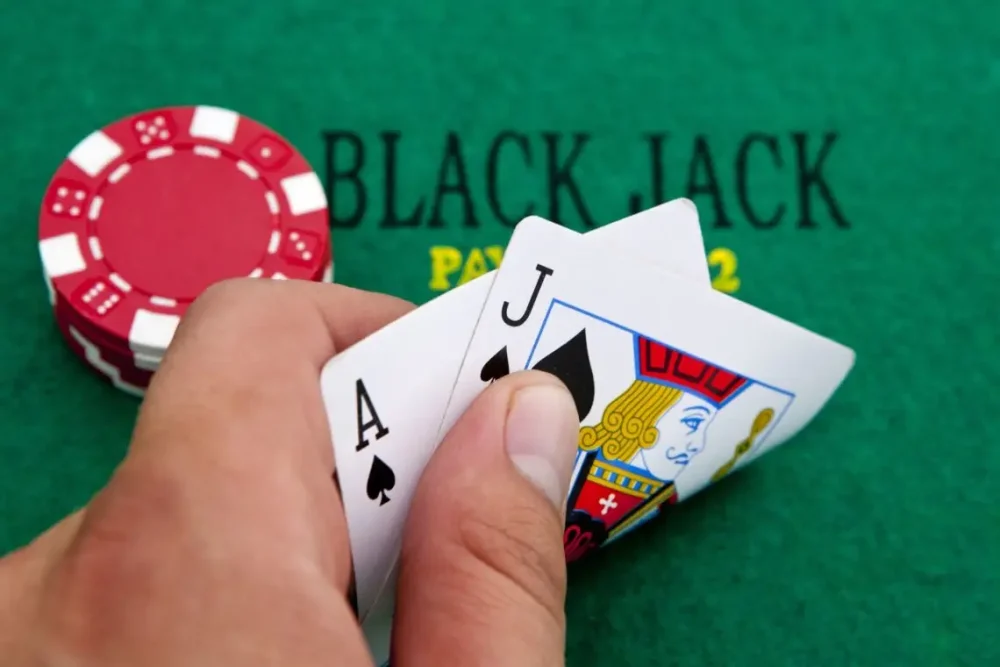
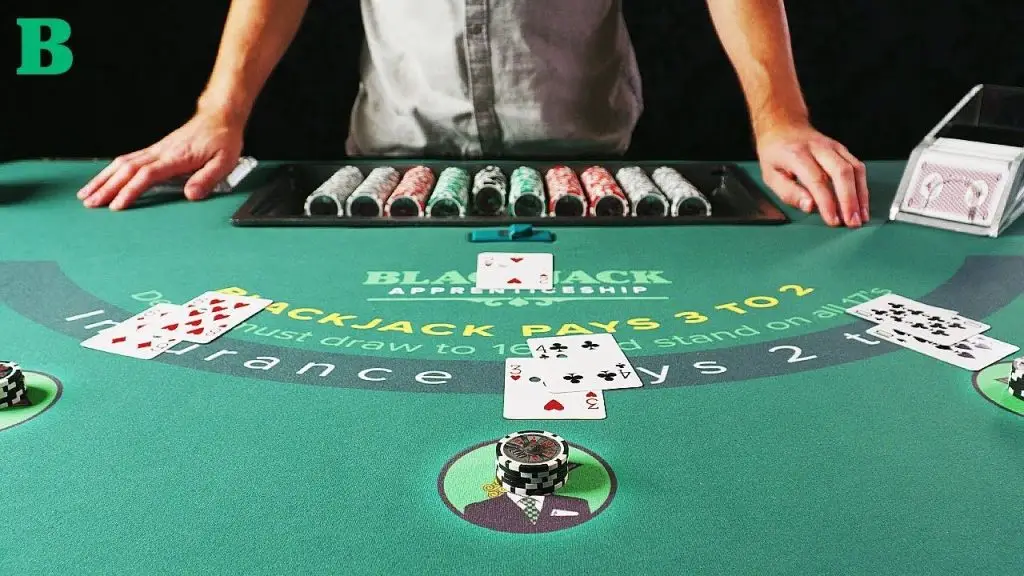 American and European blackjack have different rules, which affect the tactics and strategies of the game.
American and European blackjack have different rules, which affect the tactics and strategies of the game.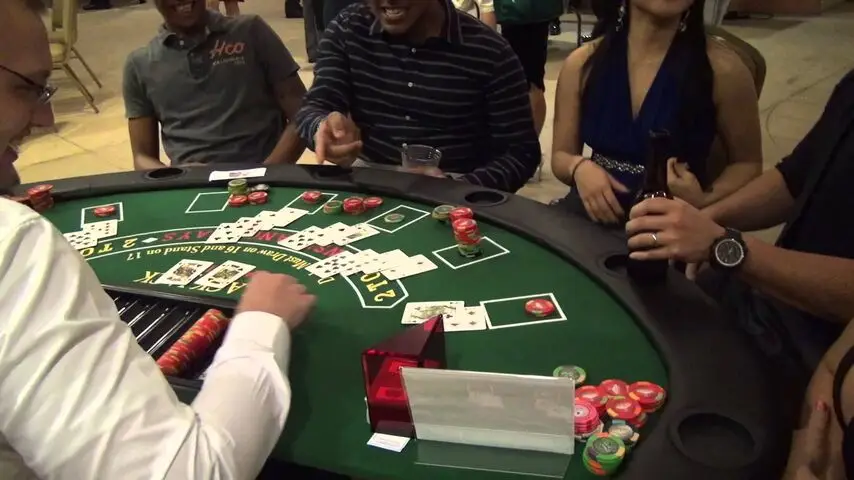 When choosing between the two versions, it is important to consider your individual playing style. If you prioritize strategy and risk minimization, the European version may be more suitable. However, if you value dynamics and the ability to maximize your winnings in a short period, the American version may be more appealing. The difference between American and European blackjack lies in the balance between classic and modern excitement. Knowledge of the rules and a well-thought-out strategy are the key to successful gameplay.
When choosing between the two versions, it is important to consider your individual playing style. If you prioritize strategy and risk minimization, the European version may be more suitable. However, if you value dynamics and the ability to maximize your winnings in a short period, the American version may be more appealing. The difference between American and European blackjack lies in the balance between classic and modern excitement. Knowledge of the rules and a well-thought-out strategy are the key to successful gameplay.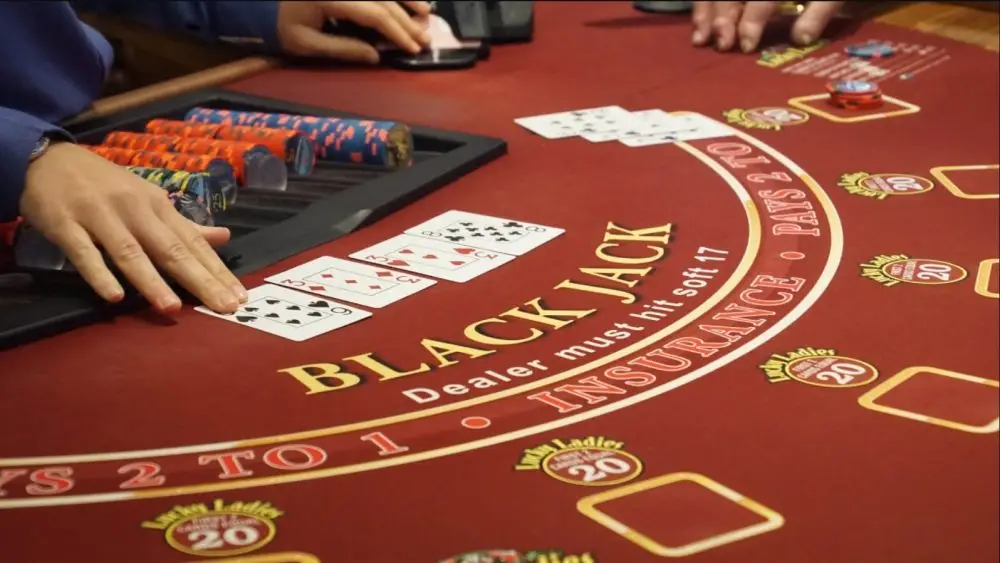
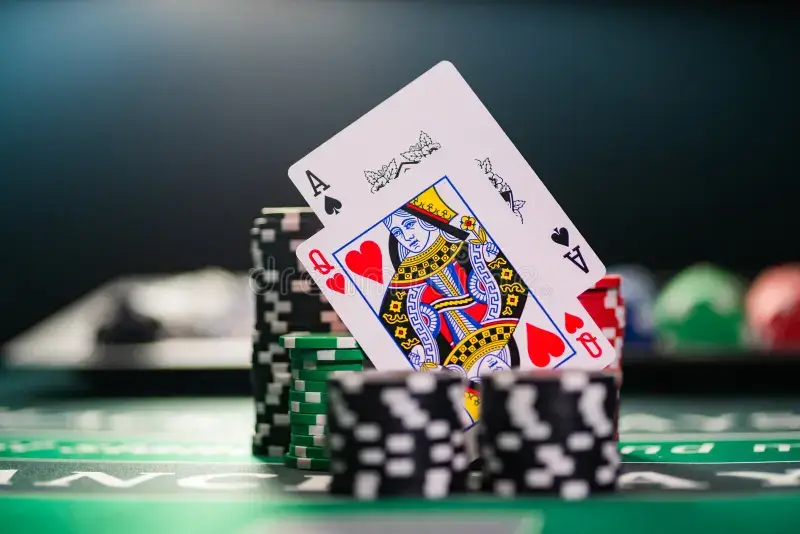 Each card creates a specific scenario. For example, a combination of an ace and a ten is an instant victory. However, two aces are no longer blackjack. This feature forces you to rethink your move, calculating how many points the cards in blackjack give you based on the current situation and the dealer’s possible reaction.
Each card creates a specific scenario. For example, a combination of an ace and a ten is an instant victory. However, two aces are no longer blackjack. This feature forces you to rethink your move, calculating how many points the cards in blackjack give you based on the current situation and the dealer’s possible reaction.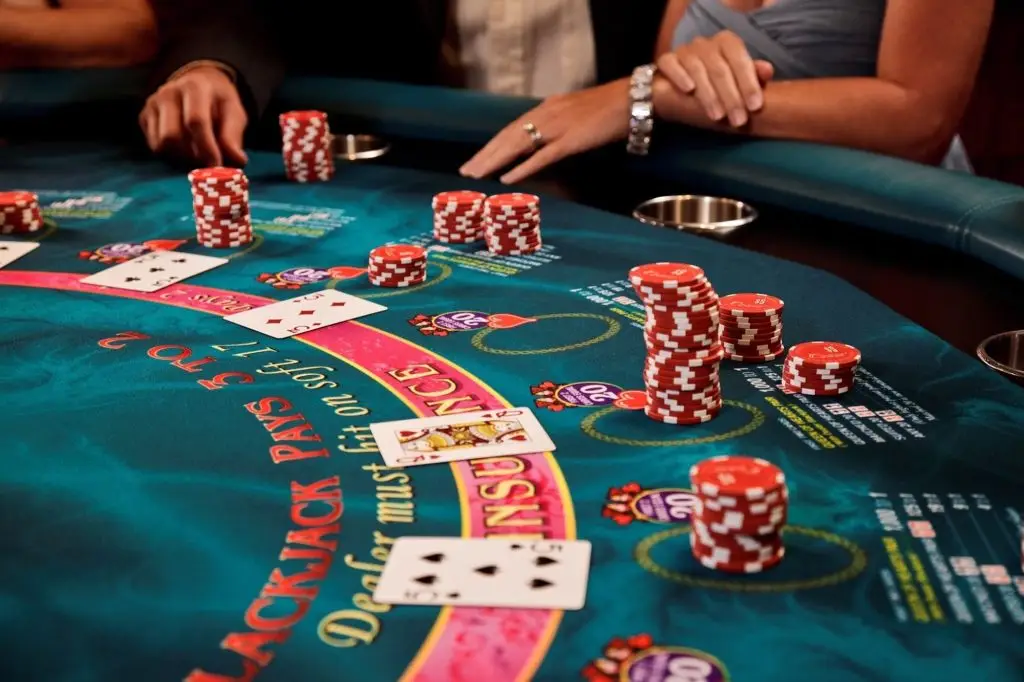 The rules and meaning of cards in blackjack create a unique gaming environment where a combination of numbers and decisions determines the outcome. Making the right choice at the right time is crucial for winning. The use of splits, doubles, insurance, or stops should always be based on the dealer’s open hands and your own account. The outcome depends not on the deck but on your ability to understand the card as a formula.
The rules and meaning of cards in blackjack create a unique gaming environment where a combination of numbers and decisions determines the outcome. Making the right choice at the right time is crucial for winning. The use of splits, doubles, insurance, or stops should always be based on the dealer’s open hands and your own account. The outcome depends not on the deck but on your ability to understand the card as a formula.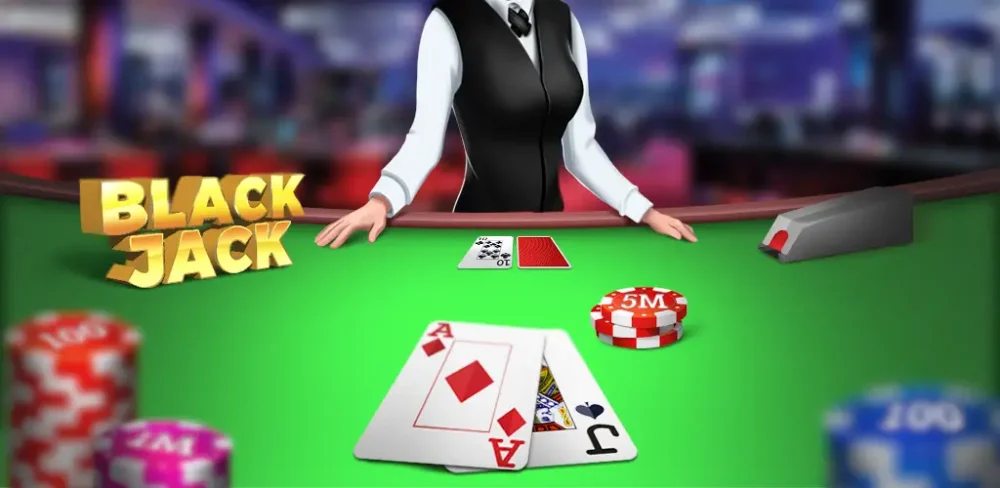
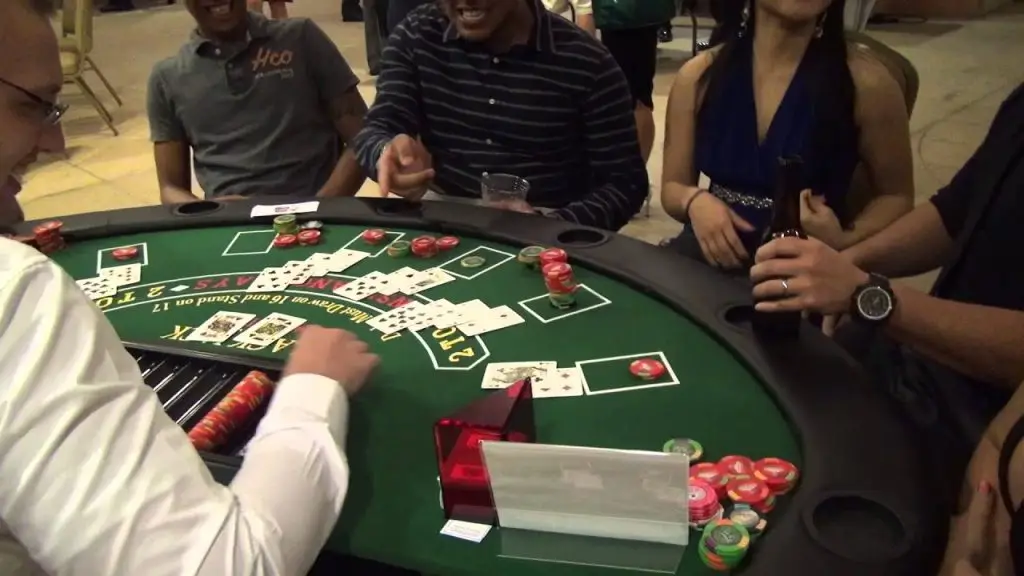 A beginner can easily fail a game by overestimating their hand. The correct calculation is not based on intuition, but on a system. The strategy depends on the dealer’s open card. For example:
A beginner can easily fail a game by overestimating their hand. The correct calculation is not based on intuition, but on a system. The strategy depends on the dealer’s open card. For example: Understanding the basic rules of online blackjack allows you to reduce the house edge to almost zero. Those who use strategy rather than hope are more likely to win. The key is discipline, precise calculation, and adherence to the mathematical conditions of the game. This is the real advantage in online casinos. A clear structure of actions, knowledge of the nuances, and avoidance of intuitive moves lead to consistent results.
Understanding the basic rules of online blackjack allows you to reduce the house edge to almost zero. Those who use strategy rather than hope are more likely to win. The key is discipline, precise calculation, and adherence to the mathematical conditions of the game. This is the real advantage in online casinos. A clear structure of actions, knowledge of the nuances, and avoidance of intuitive moves lead to consistent results.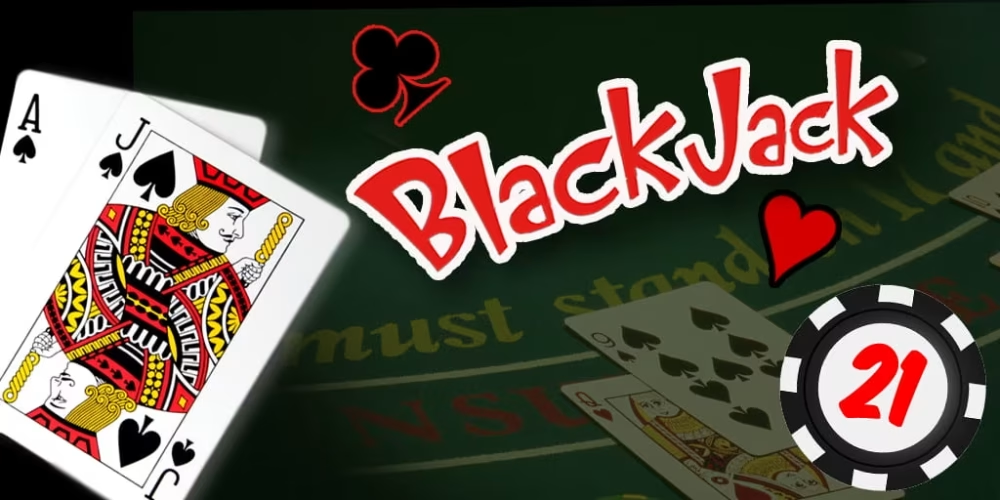
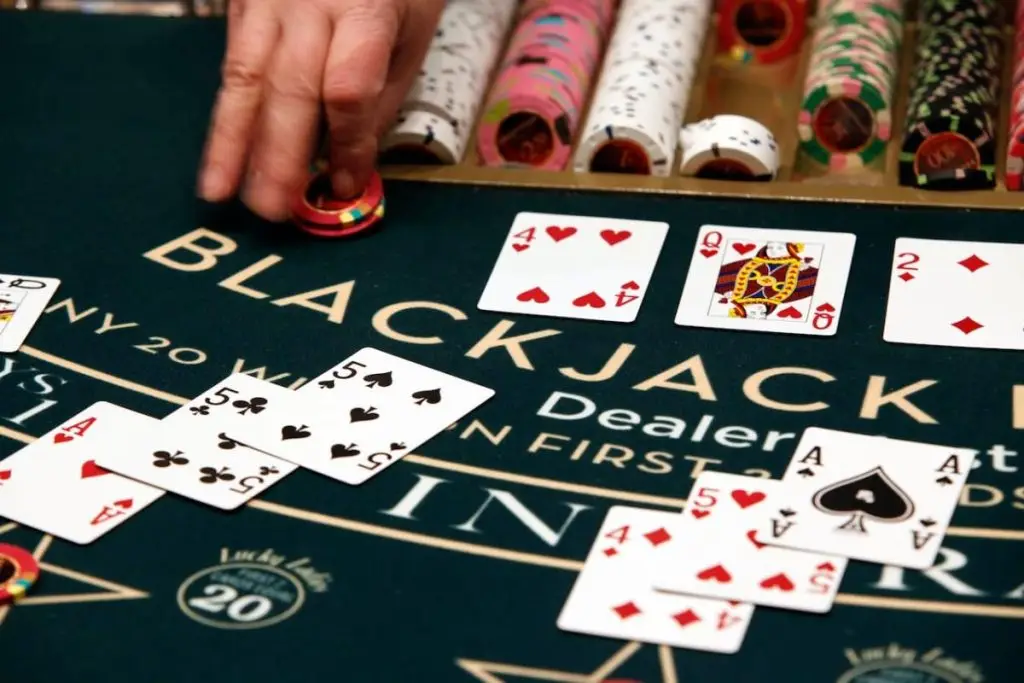 Each species has its own mathematics and behavioral patterns. Below is a categorized list:
Each species has its own mathematics and behavioral patterns. Below is a categorized list: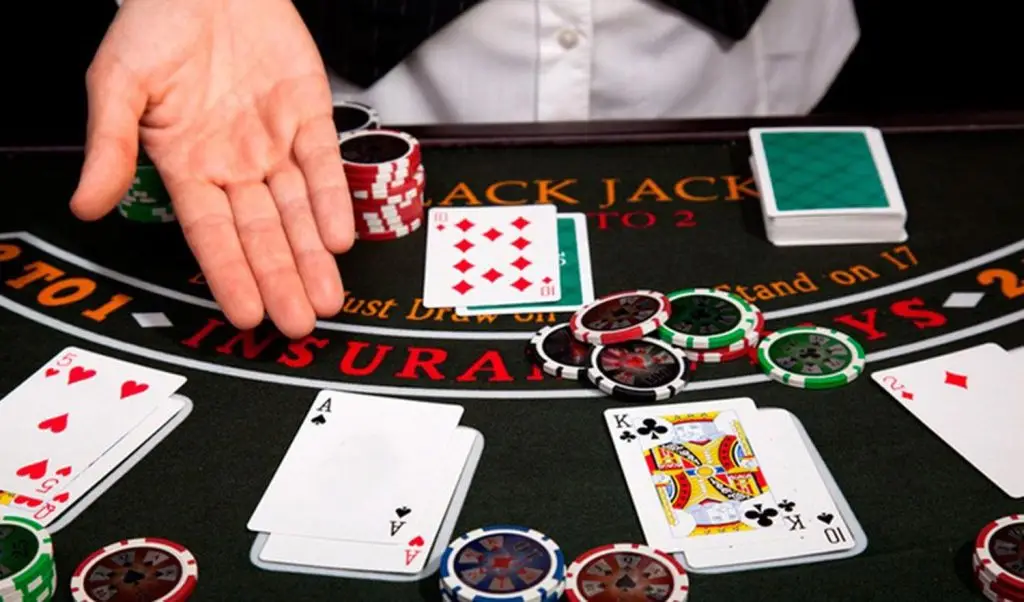 Additional bets in blackjack enhance the strategy by complementing the basic approach. With precise calculations, consideration of payouts, and the dealer’s behavior, they expand the tactical range. This tool is effective in online casinos, where real-time session analysis is available. The “pair” offers stability, while the “triple” provides a high but rare win.
Additional bets in blackjack enhance the strategy by complementing the basic approach. With precise calculations, consideration of payouts, and the dealer’s behavior, they expand the tactical range. This tool is effective in online casinos, where real-time session analysis is available. The “pair” offers stability, while the “triple” provides a high but rare win.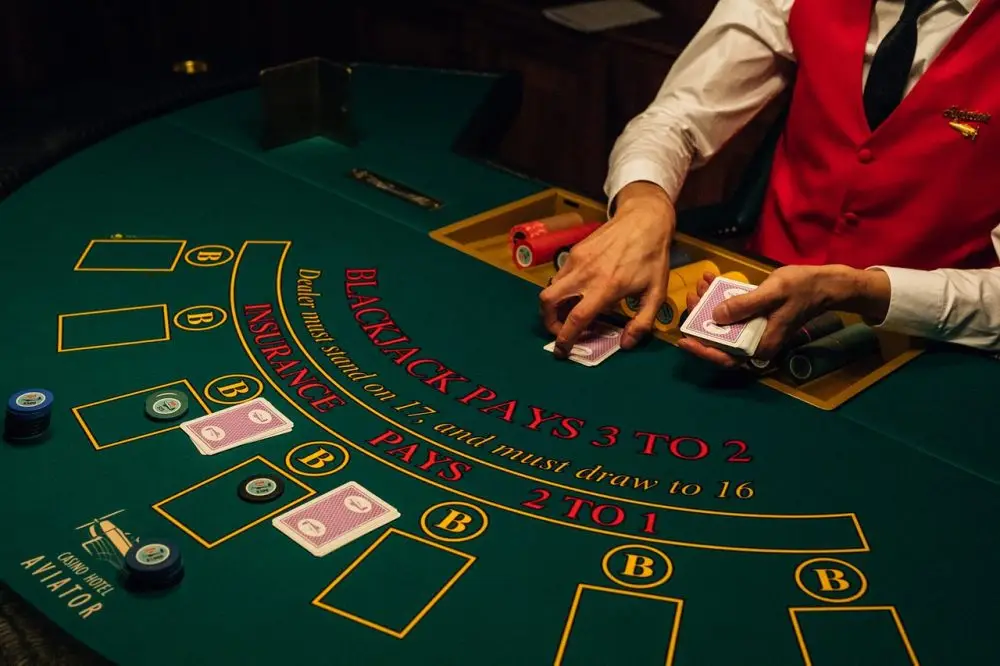
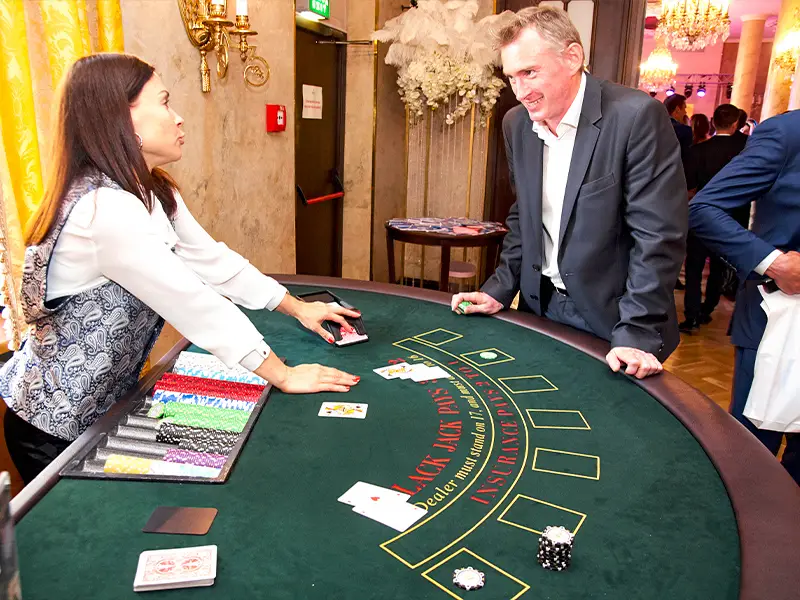 Understanding the rules of each specific game is the first step in reducing the house edge in blackjack. Some conditions increase the odds, while others minimize them.
Understanding the rules of each specific game is the first step in reducing the house edge in blackjack. Some conditions increase the odds, while others minimize them.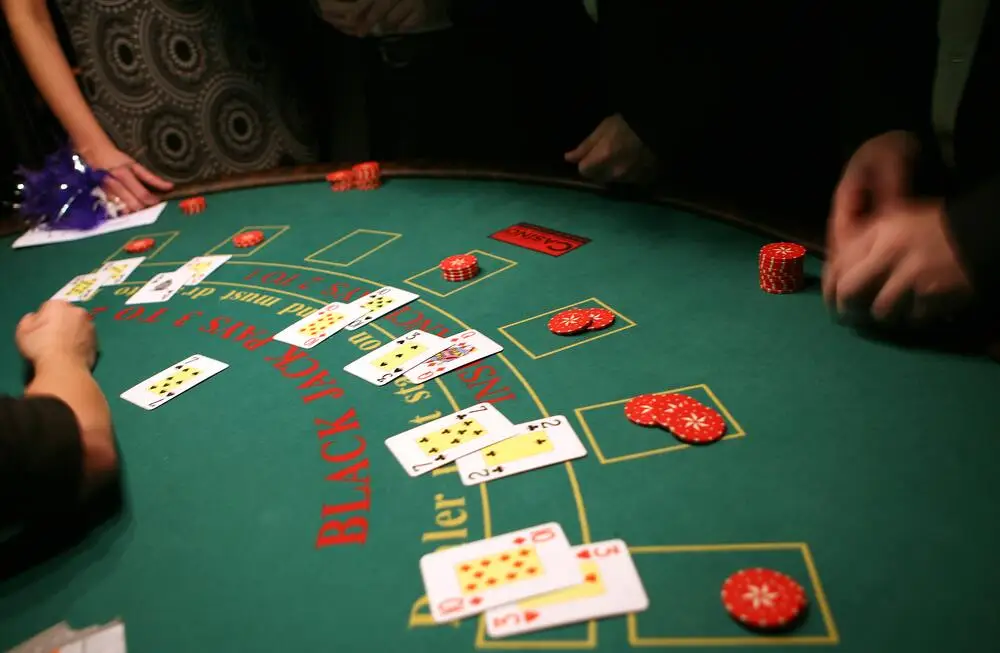 Blackjack is not a game of luck, but of cold calculation. Knowledge of algorithms, strategy, card counting, and analysis of conditions are the tools that give you a real opportunity to counter the house. It is not intuition or blind luck, but the consistent application of well-thought-out actions that turns the game into a statistical confrontation where your chances become controllable. Therefore, reducing the house edge is about using precise techniques rather than relying on mere luck.
Blackjack is not a game of luck, but of cold calculation. Knowledge of algorithms, strategy, card counting, and analysis of conditions are the tools that give you a real opportunity to counter the house. It is not intuition or blind luck, but the consistent application of well-thought-out actions that turns the game into a statistical confrontation where your chances become controllable. Therefore, reducing the house edge is about using precise techniques rather than relying on mere luck.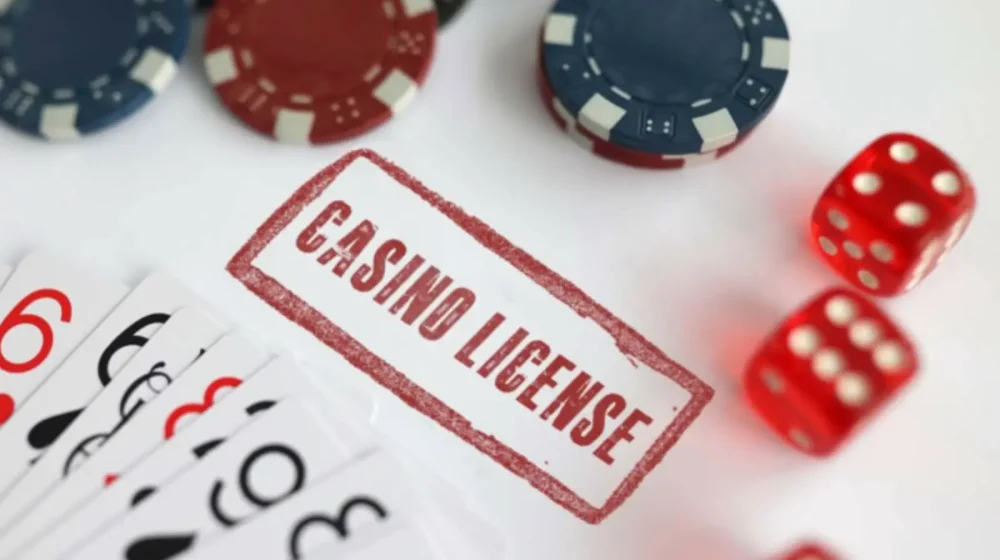
 Many users do not know how to check documents. Meanwhile, illegal operators publish fake seals that are misleading. To avoid mistakes, it is recommended to use official registries of regulators, such as the websites of the Malta Gaming Authority, Curacao eGaming, and the UK Gambling Commission.
Many users do not know how to check documents. Meanwhile, illegal operators publish fake seals that are misleading. To avoid mistakes, it is recommended to use official registries of regulators, such as the websites of the Malta Gaming Authority, Curacao eGaming, and the UK Gambling Commission.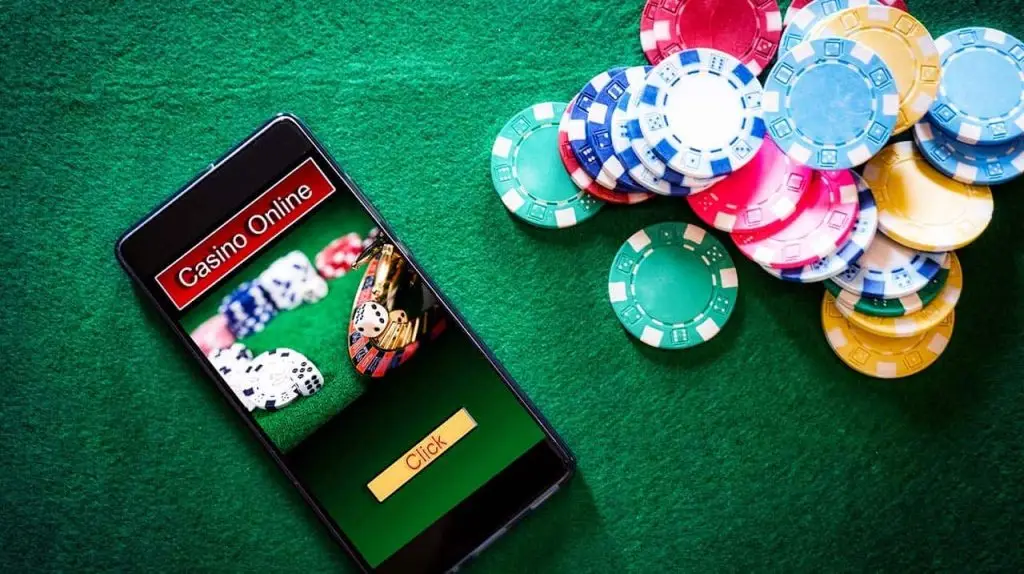 The online gambling market demonstrates that an online casino license is not a formal option, but a strategically important factor. Regulation, transparency, and legal responsibility are considered synonymous with trust.
The online gambling market demonstrates that an online casino license is not a formal option, but a strategically important factor. Regulation, transparency, and legal responsibility are considered synonymous with trust.
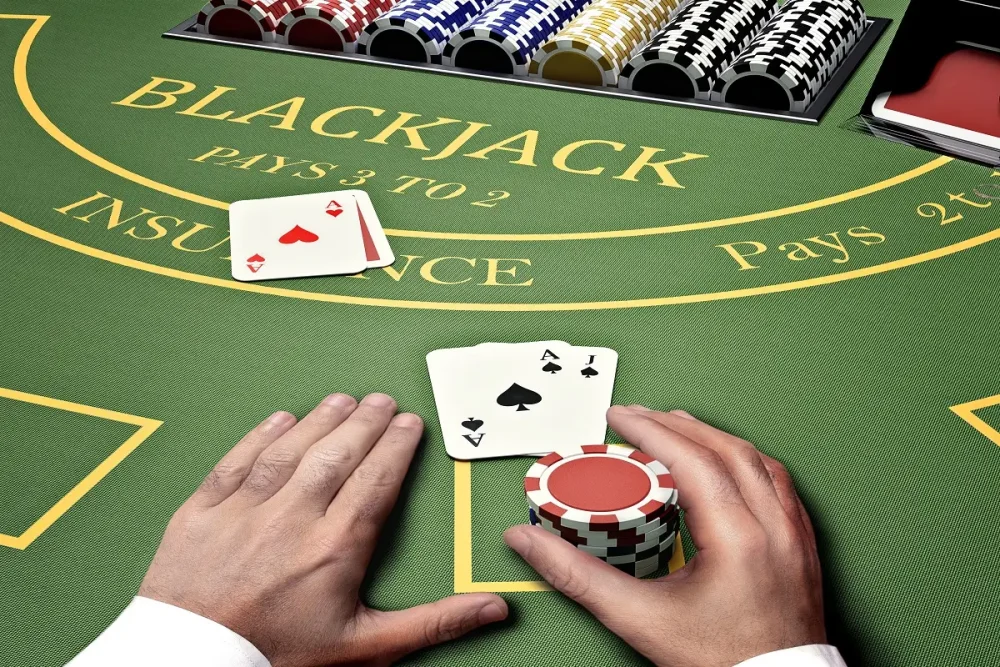
 The right choice of tactics depends on the context. There is no one-size-fits-all solution to “double or stand.”
The right choice of tactics depends on the context. There is no one-size-fits-all solution to “double or stand.”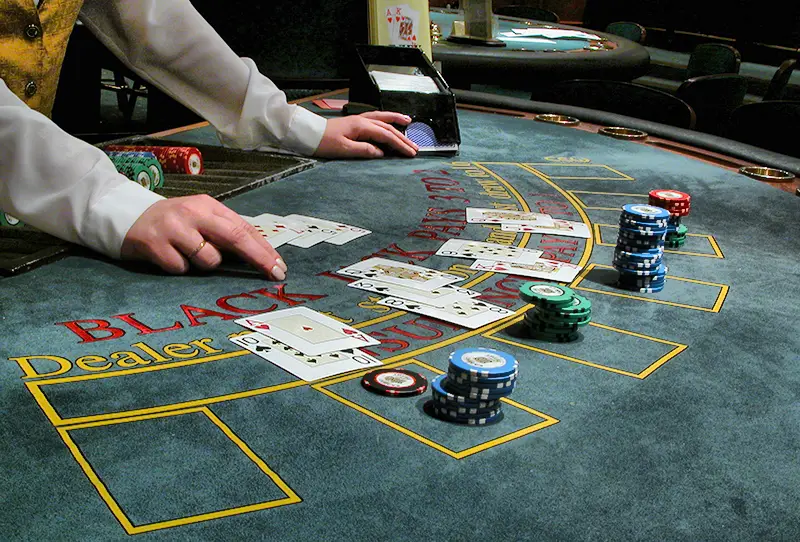 To understand blackjack means to go beyond intuition and act according to a clear scheme. Below are proven techniques that turn the game into a controlled process with minimal risks:
To understand blackjack means to go beyond intuition and act according to a clear scheme. Below are proven techniques that turn the game into a controlled process with minimal risks:





